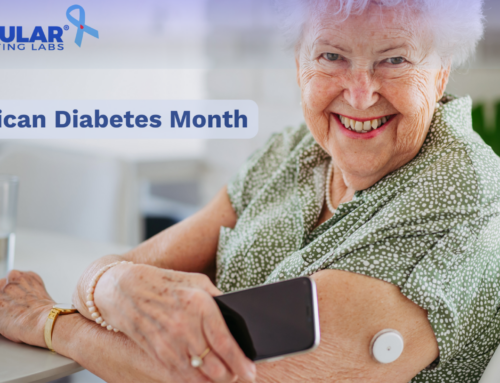
Disability Pride Month and Medical Stigma
Share:
July is Disability Pride Month – it commemorates The Americans with Disabilities Act, better known as ADA, being signed into law on July 26, 1990.
Because of the passage of this historic law, it is illegal to discriminate against people with physical and mental disabilities in various areas, including transportation, housing, employment, and accessing government programs and assistance. According to the World Health Organization’s World Report on Disability, over one billion people worldwide live with a disability. It also states that those living with a disability have less access to educational and employment opportunities, which has led to higher rates of poverty and poor health outcomes.
People with disabilities often encounter stigmas, such as social avoidance, being left out of positive life events, condescension or being talked down to when communicating with others, or accusations of faking or downplaying their disability for social gain. It can be incredibly disheartening to experience this type of stigmatization, even more so when it comes from the medical system. A 2021 study found that implicit bias from providers contributes to health inequity and poor health outcomes in disabled patients. This implicit bias can lead to distrust and frustration for patients and their families, as well as a gap in health equity and further marginalization of the disabled community.
Molecular Testing Labs is proud to welcome all patients. Bridging the gaps in healthcare and between communities is core to our mission. Our products have made it possible for patients, especially those in marginalized communities, to access quality healthcare on their terms and in the comfort of their homes. We offer self-collect testing kits so patients and/or their caregivers can take samples in an environment that is familiar and well-suited to their comfort and accessibility. We also provide electronic ordering options for providers and Electronic Medical Records (EMR) integration. EMR integration allows easy diagnostic ordering and communication with patients and their caregivers.
Access to appropriate, quality healthcare for people with disabilities is vital to improving health equity in our country. Recognizing systemic, implicit biases is the first step in reducing discrimination and providing respectful, quality healthcare to those in the disabled community. Please help us continue this meaningful conversation by sharing this post on your social media. We must first bring the issue of health inequity into the light to begin to make improvements.
References
- US Department of Labor. Americans with Disabilities Act. https://www.dol.gov/general/topic/disability/ada#:~:text=The%20Americans%20with%20Disabilities%20Act,local%20government’%20programs%20and%20services.
- World Health Organization. (2011, December 14). World report on disability. https://www.who.int/publications/i/item/9789241564182
- University of Washington. (2016). Disability Stigmas and Your Patients [Factsheet]. https://agerrtc.washington.edu/info/factsheets/stigma
- Iezzoni, L.I., Rao, S.R., Ressalam, J., et al. (2021). Physicians’ Perceptions of People with Disability And Their Health Care. Health Aff (Millwood), 40(2), 297-306. https://www.ncbi.nlm.nih.gov/pmc/articles/PMC8722582/




